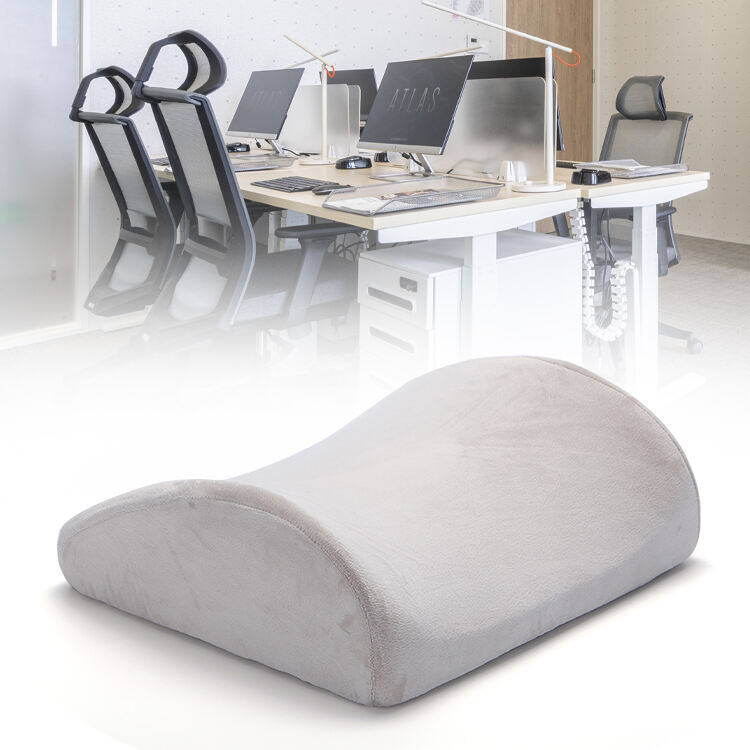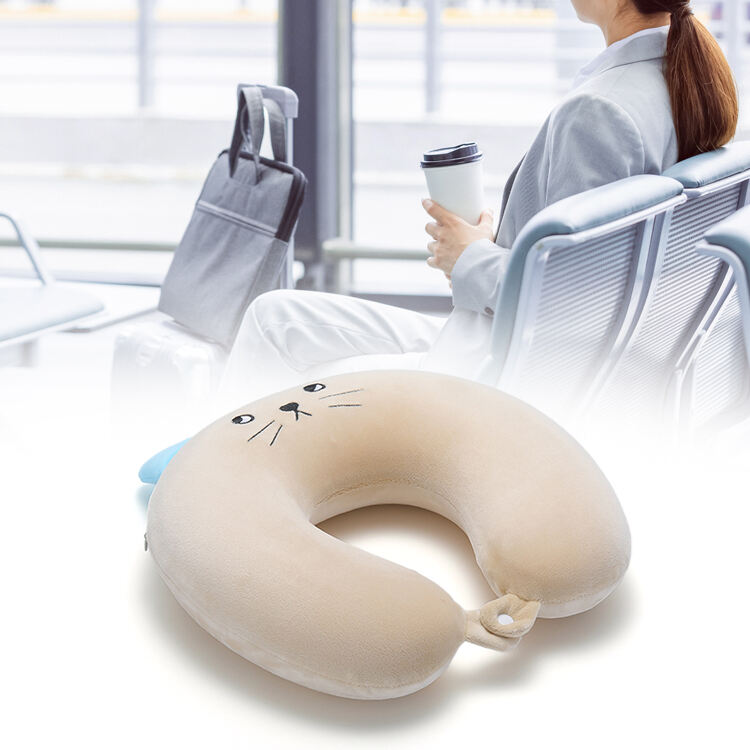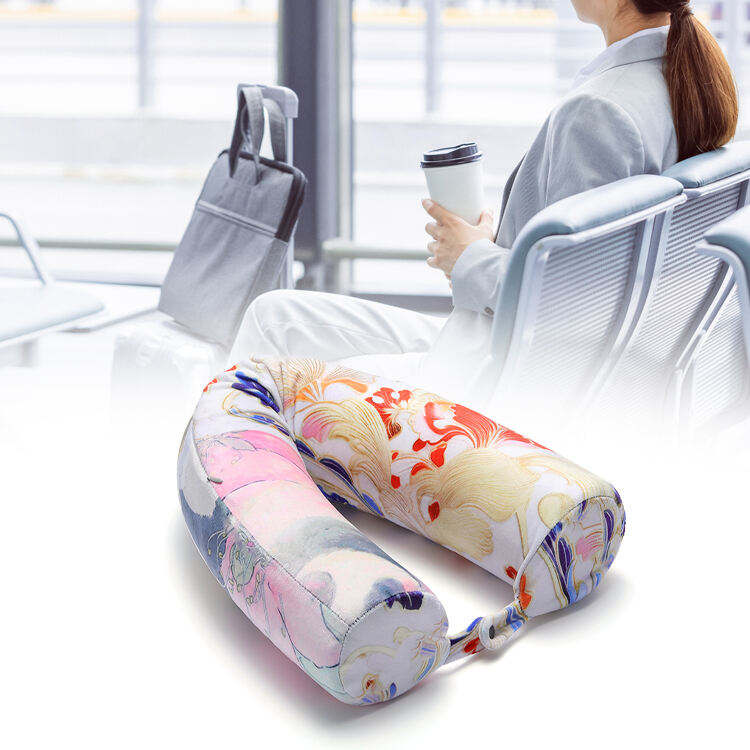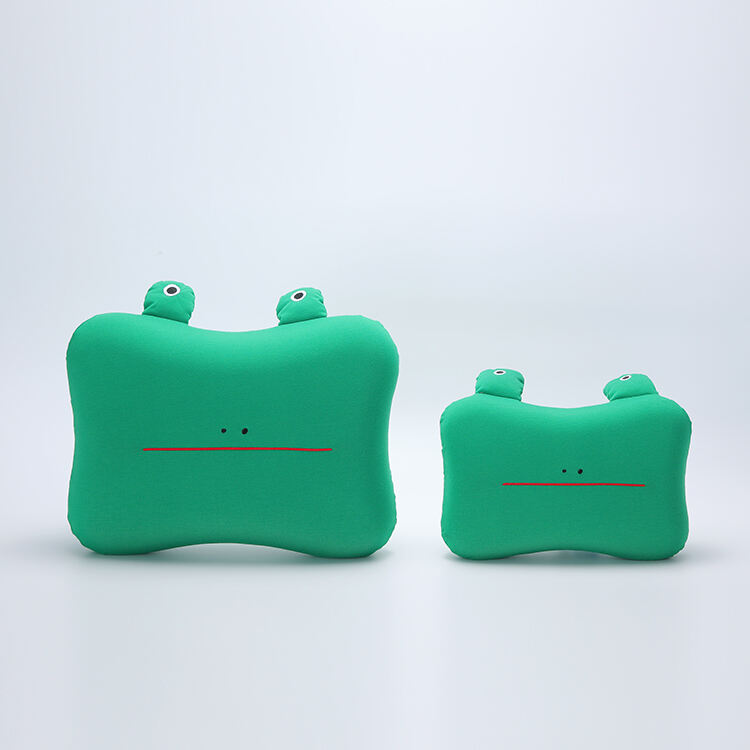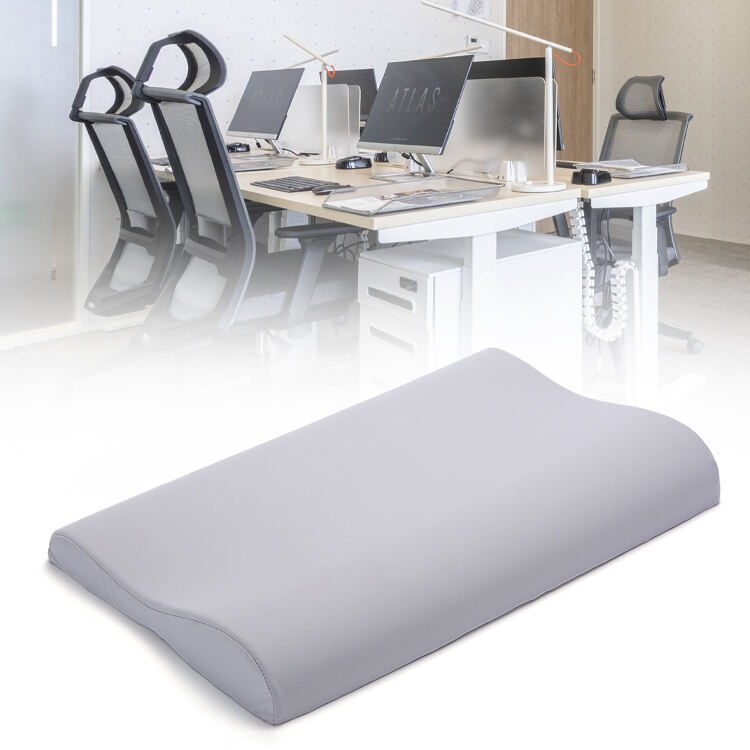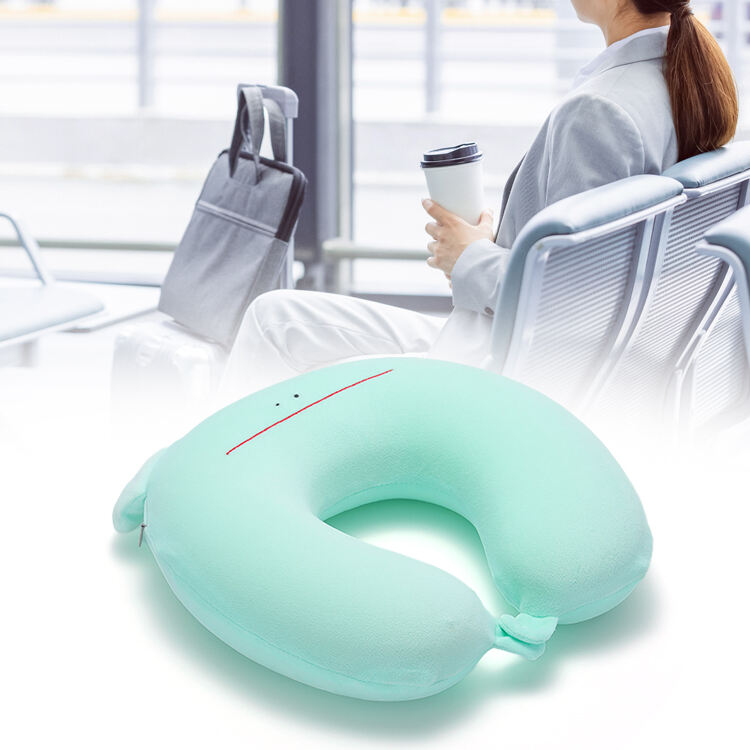Contemporary enterprises operating across diverse sectors including hospitality, healthcare, and corporate wellness environments may find themselves increasingly focused on ergonomic solutions that could address both client comfort and operational efficiency concerns. Memory foam pillows specifically engineered with cervical alignment capabilities have gradually emerged as strategic assets for procurement teams managing bulk purchasing decisions. These specialized products appear to answer critical pain points in industries where prolonged sitting or restricted mobility occurs frequently, potentially offering scalable solutions that could enhance user experiences while simultaneously minimizing long-term equipment replacement costs.
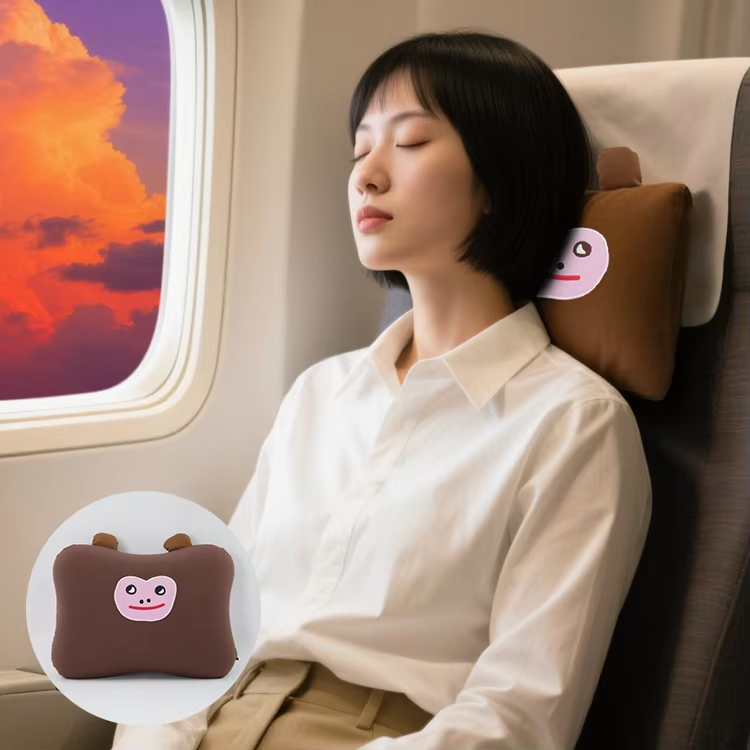
The evolution toward prioritizing ergonomic support reflects broader industry trends that may influence purchasing decisions across multiple sectors. Organizations might discover that investing in proper neck support solutions could reduce workplace-related discomfort complaints while demonstrating their commitment to user wellbeing. This dual benefit of improved comfort and enhanced organizational reputation may prove particularly valuable for procurement specialists who need to justify premium product investments to budget-conscious stakeholders.
When procurement specialists begin evaluating neck support pillows for large-scale deployment, they typically seek products that could balance therapeutic benefits with practical maintenance requirements. The contoured U-shape design inherent in quality memory foam pillows may adapt to diverse user anatomies, potentially reducing pressure points during extended use scenarios common in office environments or recovery centers. Advanced breathability features could prevent the heat retention issues that might otherwise compromise user comfort in high-usage environments.
The inherent durability characteristics of premium memory foam may ensure consistent performance across multiple usage cycles, a factor that could significantly impact total cost of ownership calculations. For organizations managing large inventories, the inclusion of <a href="https://www.welldo-pillows.com/product-removable-cover-memory-foam-u-shape-neck-pillow-with-handle-head-support-christmas-present-travel-neck-pillow-for-airplane/car">removable pillow covers</a> might streamline hygiene protocols without compromising the structural integrity that users depend upon for proper support.
Building upon the foundational features that drive purchasing decisions, different industries may leverage these support pillows in ways that could create distinct competitive advantages. Hospitality providers might utilize these products to differentiate guest experiences in transportation and accommodation services, recognizing that poor ergonomics could directly impact customer satisfaction metrics that influence repeat business and online reviews.
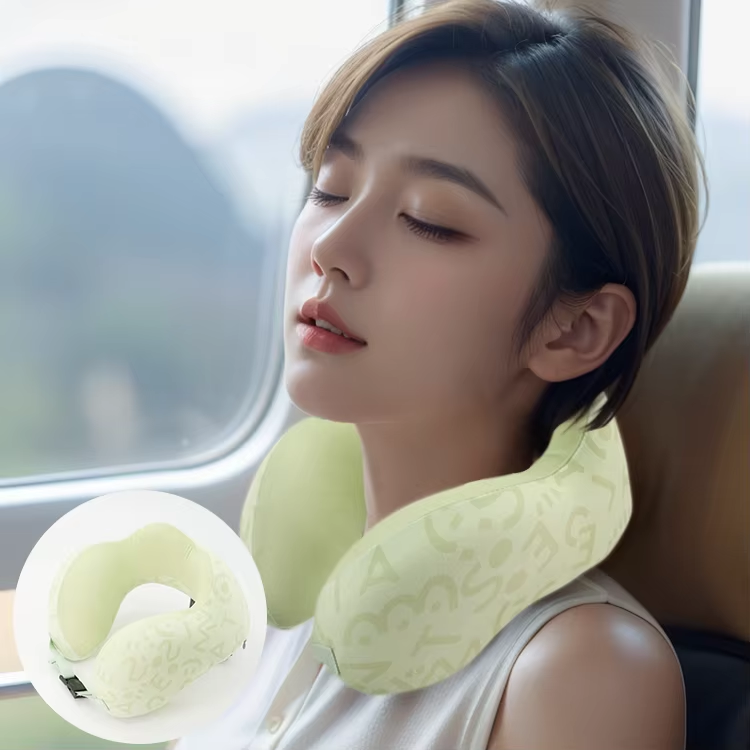
Corporate wellness programs may integrate neck support pillows as preventive tools that could help address workplace musculoskeletal disorders before they become costly workers' compensation issues. This proactive approach might demonstrate tangible employee care initiatives while potentially reducing healthcare-related expenses over time. Medical procurement teams could value the non-pharmacological pain management potential, particularly for post-operative recovery protocols or chronic condition management scenarios where traditional interventions may have limitations.
As organizations move beyond basic feature evaluation, experienced procurement managers may find value in assessing factors that extend beyond simple unit pricing considerations. The mold-resistant properties inherent in medical-grade memory foam could prove crucial for healthcare environments that require stringent sanitation standards as part of their operational protocols. These characteristics might reduce replacement frequency while ensuring compliance with regulatory requirements that govern patient care environments.
Compact storage capabilities may benefit inventory management processes, particularly in space-constrained facilities where efficient storage solutions could impact operational costs. Integrated carrying handles might enhance portability for mobile service providers who need to transport equipment between locations. Customizable branding opportunities on protective covers could present additional marketing advantages for corporate gifting programs or promotional campaigns that aim to reinforce organizational identity.
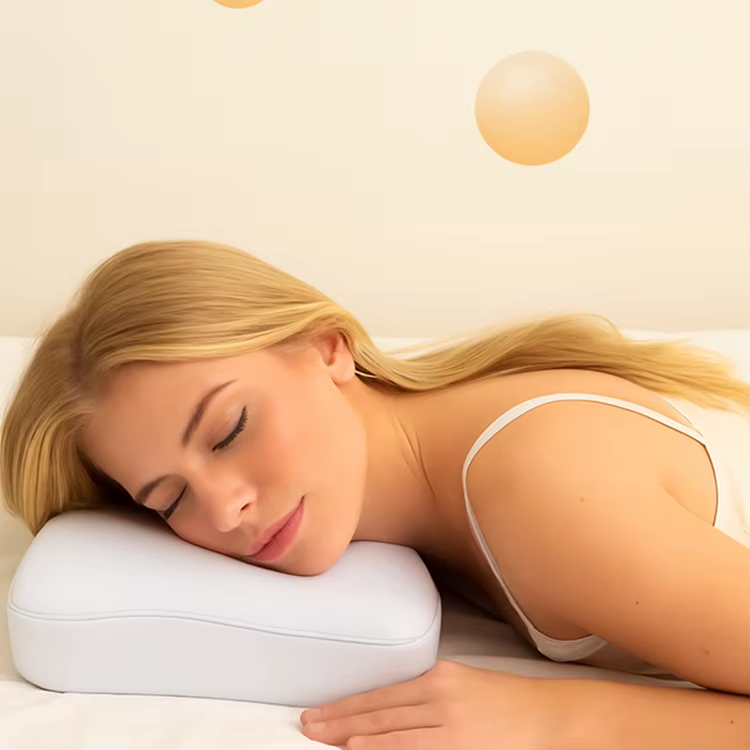
Forward-thinking organizations may increasingly recognize that quality sleep and posture support could serve as measurable components of overall service excellence. Spa resorts that incorporate orthopedic-grade pillows into their amenity offerings might experience increased repeat bookings from wellness-focused travelers who appreciate attention to ergonomic details. These improvements could translate into enhanced customer loyalty and positive word-of-mouth marketing that supports long-term business growth.
Corporate clients who utilize these solutions in executive lounges or employee rest areas may observe improved workforce productivity metrics that could justify the initial investment in quality ergonomic accessories. The versatility of U-shaped designs might serve dual purposes as travel accessories and stationary support tools, potentially maximizing return on investment for procurement budgets that need to demonstrate value across multiple use cases.
High-traffic environments typically demand products that could withstand rigorous cleaning protocols without experiencing performance degradation over time.
Moisture-wicking fabric technologies might extend product lifespan in humid climates or intensive usage scenarios where traditional materials could fail prematurely. Procurement teams may find value in prioritizing suppliers who offer modular designs that remain compatible with existing laundry infrastructure, thereby optimizing operational workflows while maintaining the hygiene standards that users expect from professional-grade ergonomic products.
